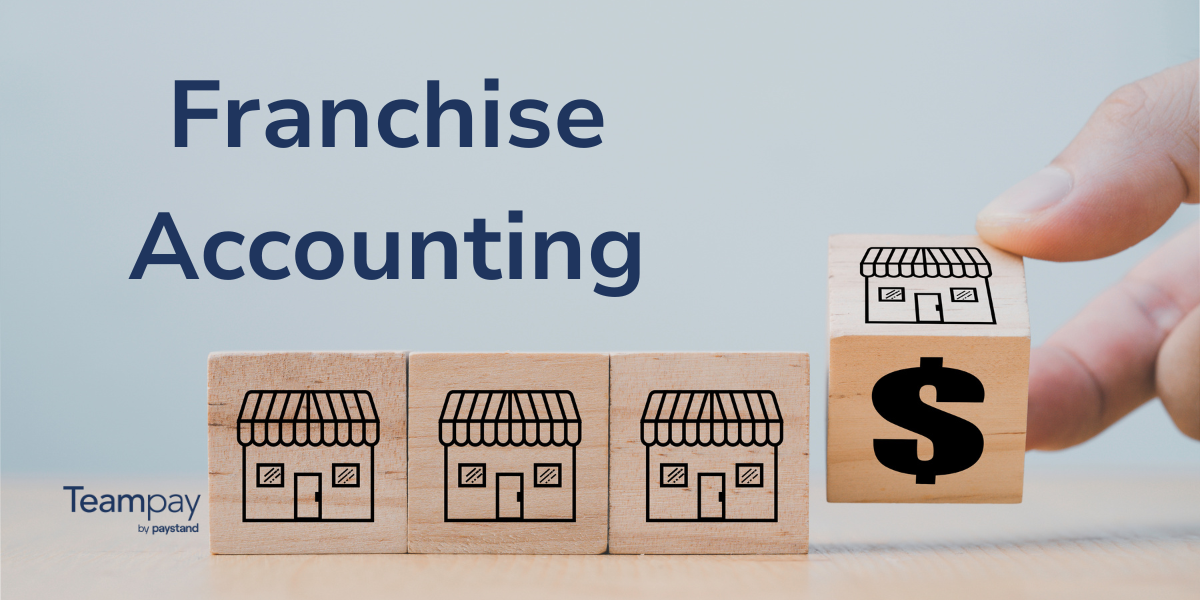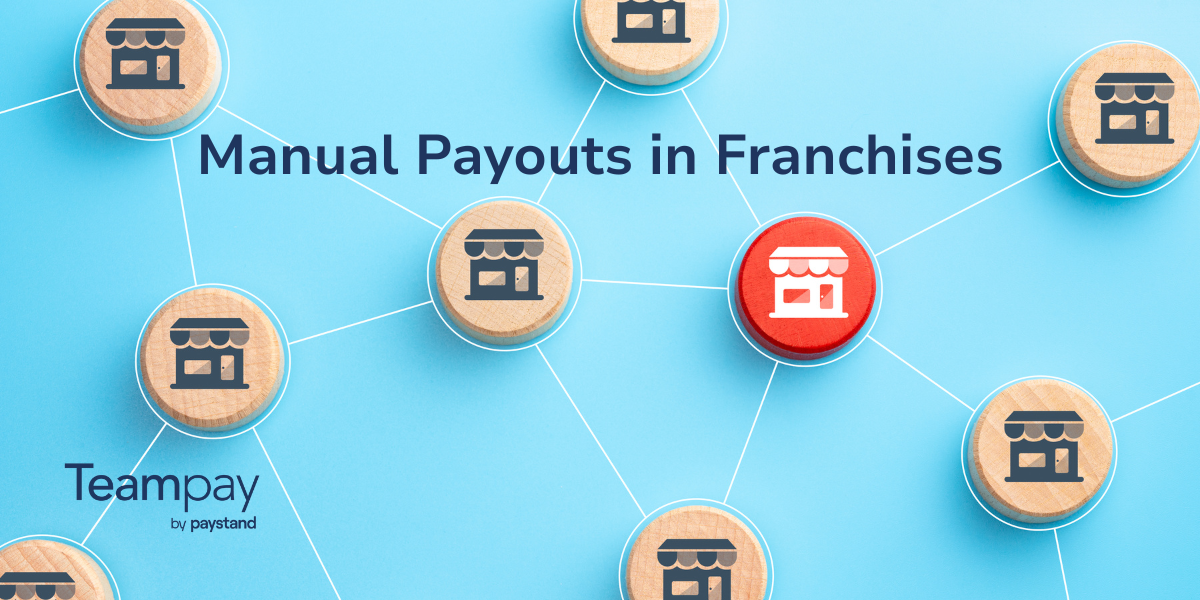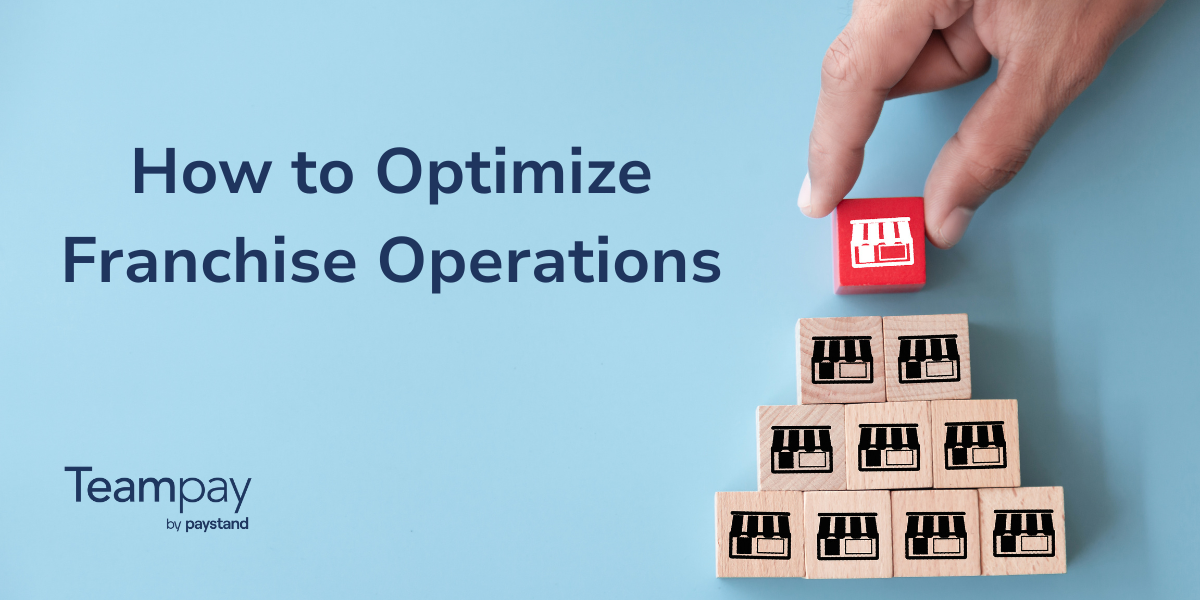Table of contents
Key takeaways
- There are a diverse array of accounting automation tools that differentiate based on price, industry, integrations, and business-size—among other features.
- It’s important to select the right tool for your specific use case for the best results.
- Selecting a software that easily integrates with your tech stack can streamline adoption.
Most finance professionals think of accounting automation tools as a way to save time, but such tools can deliver an even greater value – namely, reduced risk.
Automating any process reduces the likelihood of user error. This benefit is substantial when you consider that 59% of financial professionals report making several mistakes a month.
But that’s not all. Accounting and finance automation open up the possibility of real-time reporting, which means finance teams can catch potential problems and resolve them while they’re still fairly minor. In addition, automation can reduce internal fraud by placing many basic transactions in the hands of computers.
Once you understand the enormous potential of automating your accounting processes at all levels, the next step is to figure out which accounting automation tools you’ll want to adopt.
Vetting the best accounting tool for your team is not an insignificant challenge, given how many of these tools have popped up over the past few years. Choosing the right tool means understanding what each of these applications do, how they work, and whether they’re a good fit for your particular situation.
But before we dive in, let’s talk a little bit about what accounting automation really is.
What is CPA automation?
Accounting automation, sometimes summarized as CPA automation, uses either robotic process automation (RPA) or artificial intelligence (AI) tools to streamline common and repetitive accounting tasks. You can partially or completely automate activities like invoicing, report generation, and bank statement reconciliation.
Applying automation to accounting does not replace CPAs. Ideally, it should make your job easier.
What is accounting automation software?
Accounting automation software allows you to mechanize otherwise manual and repetitive tasks through RPA and AI. The primary difference between these two modes of automation is that RPA is used for simple and rules-based tasks, such as data-entry or bank reconciliation. Artificial intelligence offers a self-optimizing approach to more complex tasks, such as real-time analysis or forecasting.
How do you automate accounting?
There are a few simple steps to automating your accounting tasks:
- Map the entire accounting process, including software, hardware, costs, and overlap
- Identify bottlenecks
- Decide which task to automate first for the highest impact
- Review potential solutions, whether that is a new accounting software or an integration
- Select your solution
- Train the team
- Monitor results
- Tweak as needed
Automated accounting system examples
There are several automated accounting system examples, including many on our list of best accounting automation tools. Excel, although it is often inefficient and challenging to control, can technically be considered “automated” at a lower level if you are using formulas properly.
The best automated accounting systems, from Intuit Quickbooks to Xero to integrations like TeamPay or Paysand, offer a usable and scalable experience.
The best accounting automation tools
1. Intuit QuickBooks

QuickBooks is the 900-pound gorilla of the small business bookkeeping software industry. It’s dominated the field for decades, although recent years have seen an influx of competitors that are beginning to nibble away at Intuit’s market share.
This platform comes in both desktop and online versions, which provides a nice degree of flexibility for its users. QuickBooks is available in a range of different forms, from the cheap but extremely limited Self-Employed to the relatively robust (but significantly pricier) Enterprise package.
The pricing flexibility makes it easy for very small businesses to start with a basic version of QuickBooks and upgrade as they grow. The program also has an excellent invoice automation tool that allows you to create a template and generate invoices according to a preset schedule.
QuickBooks’ most significant weakness is probably its lack of robust inventory management support; you can purchase a third-party inventory management system to interface with your QuickBooks account, but it would probably end up costing more than choosing a different bookkeeping package with good built-in inventory management.
Price: $38 to $275 per month for QuickBooks Online packages; custom quotes QuickBooks Desktop. You can also find plans for accountants (0 to $1,299 a year) or solopreneur packages for $20.
Integration options: QuickBooks syncs with over 400 different apps, including Square, PayPal, and Shopify. You can also link the program with bank accounts and credit cards to automatically import transactions.
Who would want it: Micro to small businesses that don’t mind paying a bit more for a robust and well-established general ledger platform; service businesses that don’t have inventory.
2. Microsoft Dynamics 365
Microsoft acquired Great Plains in 2001 and subsequently relabeled the software package as Microsoft Dynamics GP. In 2024, the company announced it would be phasing out GP in favor of Dynamics 365.
It excels at functionality and offers a robust suite of features for accounting and beyond, Dynamics 365 falls a bit short on user-friendliness. Its interface can be challenging, especially for less-experienced users.
On the other hand, Dynamics 365 comes with a top-notch macro recorder that makes automating common tasks a snap. This software includes not only automated accounting workflows, but compliance features as well. And if you have excellent in-house IT support, you’ll be able to fine-tune the program and make it far easier to use.
Furthermore, if your organization is looking for a solution that extends across departments, Dynamics 365 might be your answer.
Price: Dynamics 365 is only available through authorized resellers and distributors, so prices vary. Many resellers advertise a $5,000 “startup pack” for up to three users.
Integration options: Microsoft provides a free app, Dynamics Business Analyzer 7, which you can use to access Dynamics 365 on mobile devices. Dynamics 365 integrates with Salesforce and other CRMs, a number of popular e-commerce platforms (including Amazon and eBay), and a range of Microsoft apps.
Who would want it: Enterprise-level businesses with good IT departments looking for a high-end system and willing to pay a premium for it.
3. Xero

Like QuickBooks, Xero is a small business accounting software package. The two have similar functionality, although unlike QuickBooks, Xero doesn’t have payroll tax tools available for all 50 states (yet).
The Find & Recode tool allows Advisor-level users to change multiple transactions simultaneously, significantly reducing the time needed to make such changes. Xero lacks built-in time-tracking and project management tools, making it somewhat less useful for service businesses (although you can get such tools through integrated apps).
Price: The starter package is a mere $20 per month, but only allows users to send up to 20 invoices per month: all but the smallest businesses will find this far too restrictive. Xero’s standard package costs $47 per month and allows unlimited invoices; the premium package, at $80 per month, adds multicurrency support.
Integration options: Xero’s app marketplace lists over 700 different apps that integrate with the program, including Gusto, Square, and Expensify. Like QuickBooks, you can also import bank account and other transactions automatically.
Who would want it: Small businesses that don’t need built-in project management and are located in the states covered by Xero’s payroll tax tools.
4. Oracle NetSuite
NetSuite was one of the first “cloud” software products, and to this day it’s only available in the cloud. It’s now a part of Oracle’s OneWorld enterprise resource planning system (Oracle acquired NetSuite in 2016).
In addition to being a robust general ledger system, NetSuite OneWorld shines as a CRM and an inventory management system. That gives you the option of consolidating many different business functions under a single umbrella, but, on the other hand, the huge number of functions it supports can become quite confusing and result in an overly complicated user experience. Fortunately, NetSuite is customizable, especially for reporting functions.
The ability to integrate so many functions also offers wonderful opportunities for automation — for example, automatically importing customer data from CRM to A/R. The platform comes in different versions for different types of businesses, such as manufacturers, healthcare, and financial services.
Price: NetSuite pricing ranges widely based on how many people will have access to the program, what features you need, and what your industry is. You are likely to spend more than $15,000 on the starter license alone.
Integration options: The SuiteApp marketplace includes apps in categories ranging from analytics to warehouse management.
Who would want it: Enterprise-level businesses that are looking for a complete ERP rather than a standalone general ledger platform.
5. FreshBooks

FreshBooks recently went through some big changes, revamping its product and adding some new features while removing a handful of existing ones (although the company expects to add back some of those features in the near future). Existing FreshBooks customers can still access the old version of the product, now titled FreshBooks Classic; new customers are limited to the new version of the product.
Both versions of FreshBooks are designed for self-employed and micro-businesses; the platform works well for such businesses, particularly for invoicing, but lacks features that larger businesses would need (such as inventory tracking and detailed customer records).
The program has several small built-in tools to help automate basic accounting tasks — for example, you can set up automatic reminders for invoices that haven’t been paid after a certain date. Most finance pros will likely find it disturbing that FreshBooks does not use a double-entry accounting system (unlike its competitors), but others may consider that a plus.
Price: FreshBooks costs $21 per month for up to 5 active clients, $38 per month for up to 50 clients, and $65 per month for up to 500 clients.
Integration options: The FreshBooks Apps & Integrations page lists over 150 different apps, including Gusto, Salesforce, and Slack. FreshBooks does not currently support bank reconciliation, but the company plans to add this capability in the near future.
Who would want it: Self-employed entrepreneurs and very small service businesses.
6. SAP Business One
SAP Business One is a highly customizable general ledger and ERP software package intended for enterprise-level customers. It’s capable of automating basic accounting processes, such as journal entries, and you can add modules to manage other aspects of the business – including HR and CRM. However, adding such modules greatly increases the complexity of an already very complex product. Unless you have a stellar in-house IT staff, expect to pay a great deal in consulting fees to get SAP Business One set up the way you want it, and there’ll likely be a steep learning curve for its users.
But if you want an ERP that’s practically custom-built for your business and are willing to pay to make it happen, SAP Business One could be the right package for you.
Price: Like with many ERPs, SAP Business One has a complex pricing structure. The starter subscription is $1,357/per user and $45/per user, per month. A full professional subscription costs $3,213/per user and $108/per user, per month. But there is also a limited account structure for financial professionals specifically, which costs $1,666/per user and $56/per user, per month.
Integration options: Like most ERPs, SAP Business One is designed to integrate with other systems, but you will need to get someone who is tech-savvy to set up the integration – which likely means hiring a consultant or VAR.
Who would want it: Enterprise-level businesses that want an extremely customizable and powerful ERP.
7. Zoho Books

Zoho Books is one of the least expensive cloud bookkeeping software packages, and it’s also one of the most user-friendly. However, it lacks a few important features — most notably payroll integration and custom reporting options. Where Zoho Books really shines is in its basic bookkeeping functions, particularly inventory management (which tends to be a weak point for similarly priced competitors). Zoho Books also has a terrific automation feature called “workflow,” which is basically macros that you can set up to assign tasks to users or send notifications when certain events occur.
Price: Zoho Books is subscription only; prices range from $0 for soloprenuers, $20 per month for the basic platform to $50 for their professional package, and $70 for all of their features.
Integration options: Not surprisingly, Zoho Books integrates easily with other Zoho products (including Zoho CRM and Zoho Expense). In addition to a number of direct app integrations, Zoho Books can also integrate with Zapier – giving users access to Zapier’s galaxy of apps.
Who would want it: Small businesses that don’t need payroll support or extensive reporting.
8. Sage Intacct
Sage acquired Intacct in early 2017 and was quick to integrate this product into its Sage Business Cloud lineup. Intacct is a general ledger cloud-based application for enterprise-level businesses that includes most of the basic accounting functions in its core package.
Similar to NetSuite or Dynamics 365, you can incorporate various modules as needed to add in other common accounting functions, including purchasing, inventory control, and time and expense management. This modular approach is a nice touch for growing businesses since it helps guarantee that you won’t outgrow the platform.
Intacct’s reporting features are particularly robust but can be rather tricky for users to master due to their complexity. One of the program’s most useful features for finance power users is the ability to switch the books from GAAP to tax presentation with the flick of a finger; this automates an otherwise tedious process.
Price: Sage Intacct must be purchased through a reseller, so prices will vary; expect to pay around $5,000 per year for a basic version of the product or several times that for a heavily customized version.
Integration options: The Sage Intacct Marketplace includes numerous apps with prebuilt integration support for Intacct; the platform can also be customized to support integration with other programs, though it requires a knowledgeable IT person to program such integration using Intacct’s API.
Who would want it: Enterprise-level businesses that need a strong general ledger accounting program.
Implementing your new solutions and the best automated accounting software
Finance professionals often hesitate to replace existing systems or add new ones simply because of the time and hassle involved in such changes. Incorporating any new system will likely require an investment of both time and money. But a good automated accounting tool will quickly pay you back by saving time, reducing user error, and generally making your job much easier. Such benefits can make the upfront investment well worth your while.
Of course, efficient automation doesn’t stop at your basic accounting automation tool. Your integrations matter, too.
Teampay offers automated spend management for high-growth teams, and seamlessly integrates with ERPs and popular software like NetSuite, Sage Intacct, Quickbooks Online, Microsoft Dynamics 365, and more.
Book a demo with us today and discover how you can accelerate your financial management processes with our automated accounting tool.












